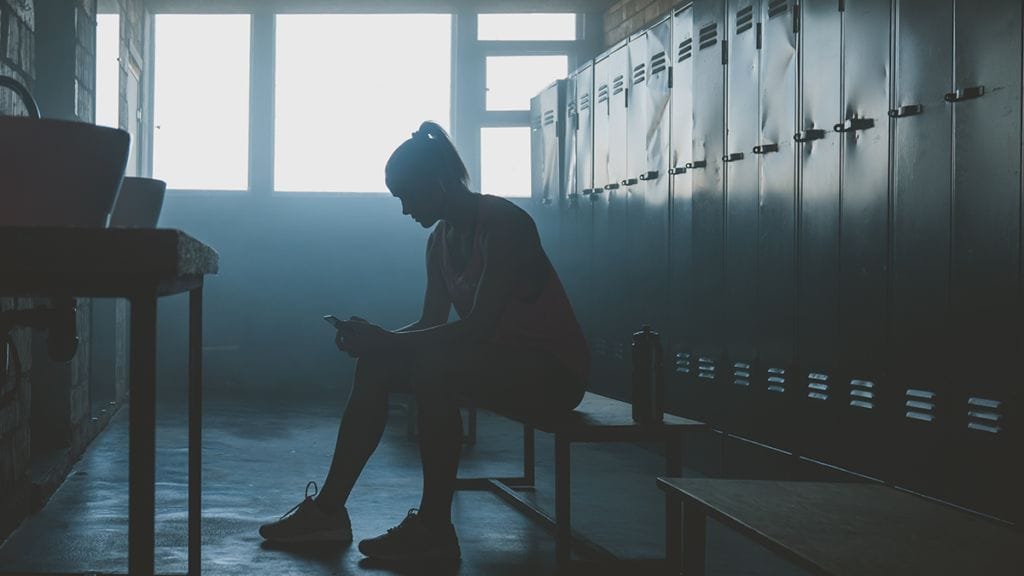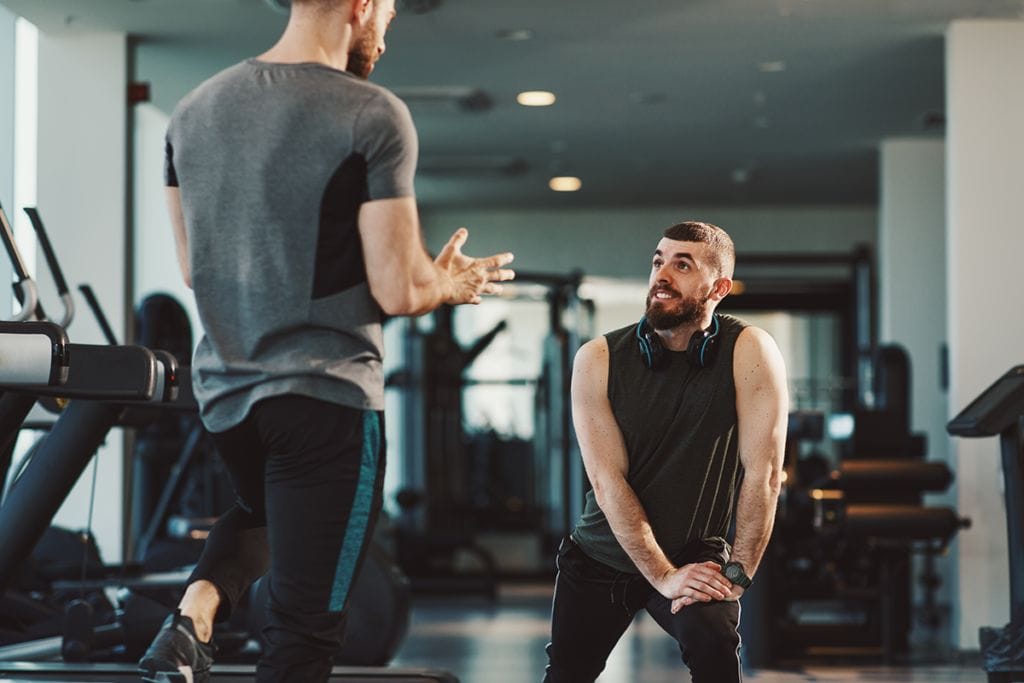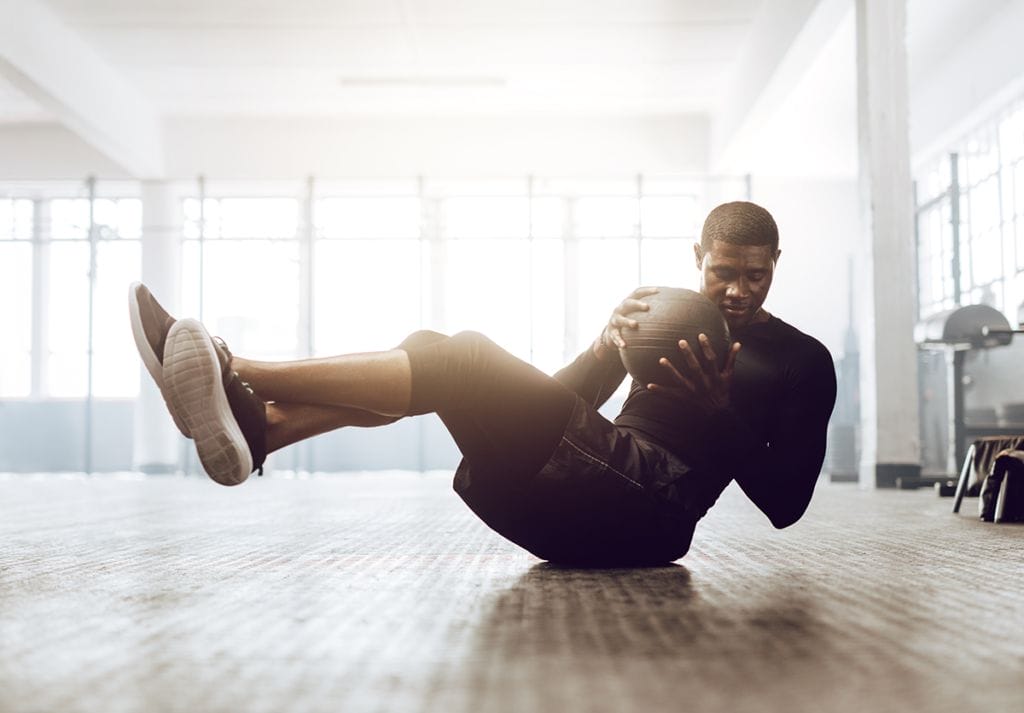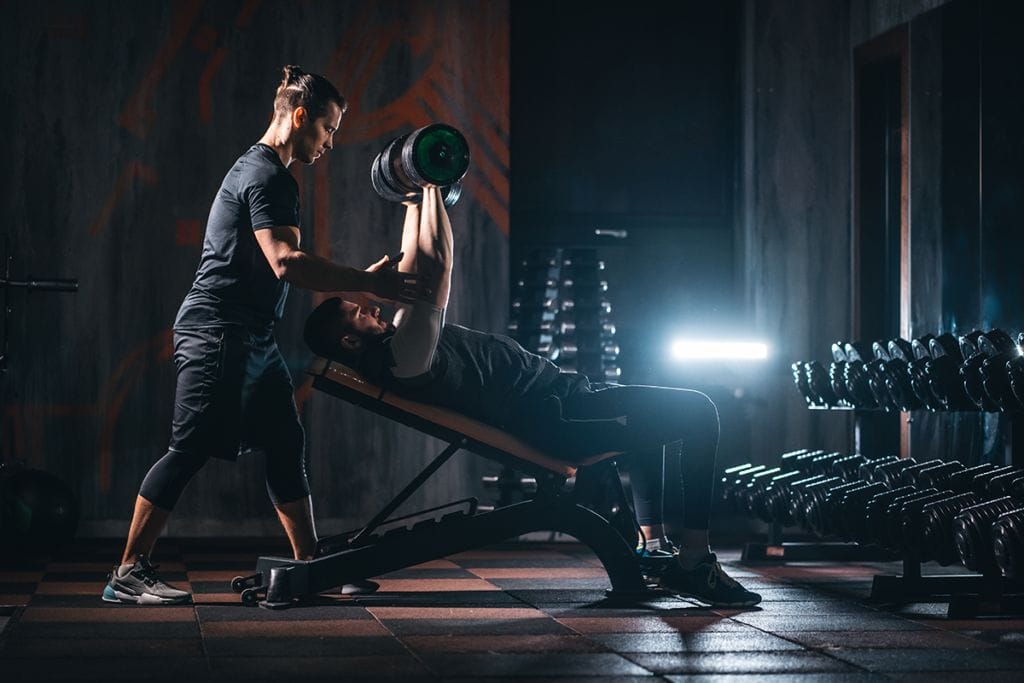College athletes are often some of the most driven and successful people on campus. They have worked hard to get where they are and usually have experienced success in high school athletics.
However, early success can sometimes make young athletes stubborn when it comes to training. They may not be as willing to try new things or listen to their coaches as much as they should.
This hesitancy can be a problem because college sports are very different than high school sports. The competition is tougher, and the stakes are higher. Therefore, it is important for college athletes to be open to new ways of training and to align with experienced coaches so that they can be successful in college athletics.
Long practices, games, and class schedules with demanding training schedules can make for long days for a college athlete. This type of schedule can be difficult to manage for some athletes, and they may feel like they are not performing up to their potential.
These athletes may benefit from identifying what could be holding them back and addressing them head-on. However, this type of self-evaluation can be damaging psychologically without the proper guidance.
College athletes need to know that they are not alone in their struggles and help is available if they need it. With the support of the right collegiate training program, they can overcome any obstacle and reach their full potential.
Here are 3 things every college athlete needs to know about training:
1: You Must Learn to Train
Even at the collegiate level, most athletes are still in the developmental stage of their training. This sentiment is especially true for those who are new to the sport or have only been competing for a few years.
Technical proficiency is still the primary driver for progressing an athlete. While strength and conditioning are very important, technique still takes priority over raw power. An athlete’s technique (and mental preparation) are an important part of what eventually separates two athletes of equal skill.
Every athlete has unique strengths and weaknesses. By focusing on improving technique, they can learn to compensate for their weaknesses and maximize their strengths. As a result, mastering technique will help them reach their full potential as an athlete.
In the end, technique is a key part of what separates the good from the great. Those who master it will find themselves at the top of their game.
2: You Must Train to Train
“Training to train” is a term used to describe the process of learning new techniques and adapting the body to handle greater loads. This type of training is essential for athletes who want to progress in their sport.
Progressive overload is a key principle of training to train. It dictates that athletes should gradually increase the amount of weight they are lifting or the number of repetitions they are performing. This approach allows the body to adapt to the increased demands and prevents injuries.
A structured training program that incorporates all aspects of fitness is essential for athletes who want to make the most of their training. By following a personalized training program that includes periods of hypertrophy, max strength, and power, athletes can maximize their performance, mitigate the risk of injury, and avoid burnout.
Training to train will teach you the correct form for each movement and how to execute each with proper technique. It is also important to note that training to train should not be confused with the notion of training to failure. Rather, it refers to the process of learning the correct techniques and developing the necessary strength and power to execute them effectively.
By following a well-designed training program, athletes can make great strides in their development and become better prepared to compete at the highest level.
3: You Must Train to Compete
As the final phase of training before competition, “training to compete” is crucial for college athletes. During this phase, athletes analyze their specific strengths and weaknesses in order to focus their training. This stage allows them to improve upon their weaknesses and hone their strengths, ensuring that they are as prepared as possible for competition.
In addition, this phase of training helps to mentally prepare athletes for the challenges they will face during competition. By focusing on preparing for specific challenges, athletes can enter competition with confidence, knowing they are ready to face whatever comes their way. As a result, “training to compete” is an essential part of the journey for any college athlete.
Example: Some college athletes find that they have heavy squats with limited vertical jumps, which can be a source of frustration. These cases can lead to a heightened focus on increasing maximal strength rather than explosive power production. However, with the proper guidance from an experienced strength and conditioning coach, any athlete can improve (and excel) in areas they might not otherwise focus on.
Final Thoughts
From a coach’s perspective, helping college athletes train can be seen as both an art and a science. While there are certain principles that all athletes need to follow to improve, each athlete is unique and will respond differently to various training methods. Coaches should become educated on the unique needs of college athletes – to build flexibility in their approach and have the capacity to adjust their plans based on the needs of their athletes.
One of the challenges of coaching college athletes is that they are often still developing physically and emotionally. Navigating this scenario can be difficult, knowing how much training is too much or how to motivate athletes to reach their potential. By applying knowledge from years of accumulated experience, coaches can learn how to get the most from their athletes and help them to achieve self-actualization.
College athletes need to be aware of a few key things to make the most of their time and effort – when it comes to training.
First, they need to understand the principle of progressive overload and how it applies to their sport. Second, these athletes need to follow a well-designed training program that incorporates all aspects of fitness. Finally, they need to train to compete, focusing on specific challenges they may face during competition.
College athletes can improve their performance and better prepare themselves for success by following these tips.
At Speed Mechanics, we pride ourselves on our ability to diagnose and correct any issues or concerns that might be holding an athlete back. Contact us today to see how we can help you reach your full potential.





